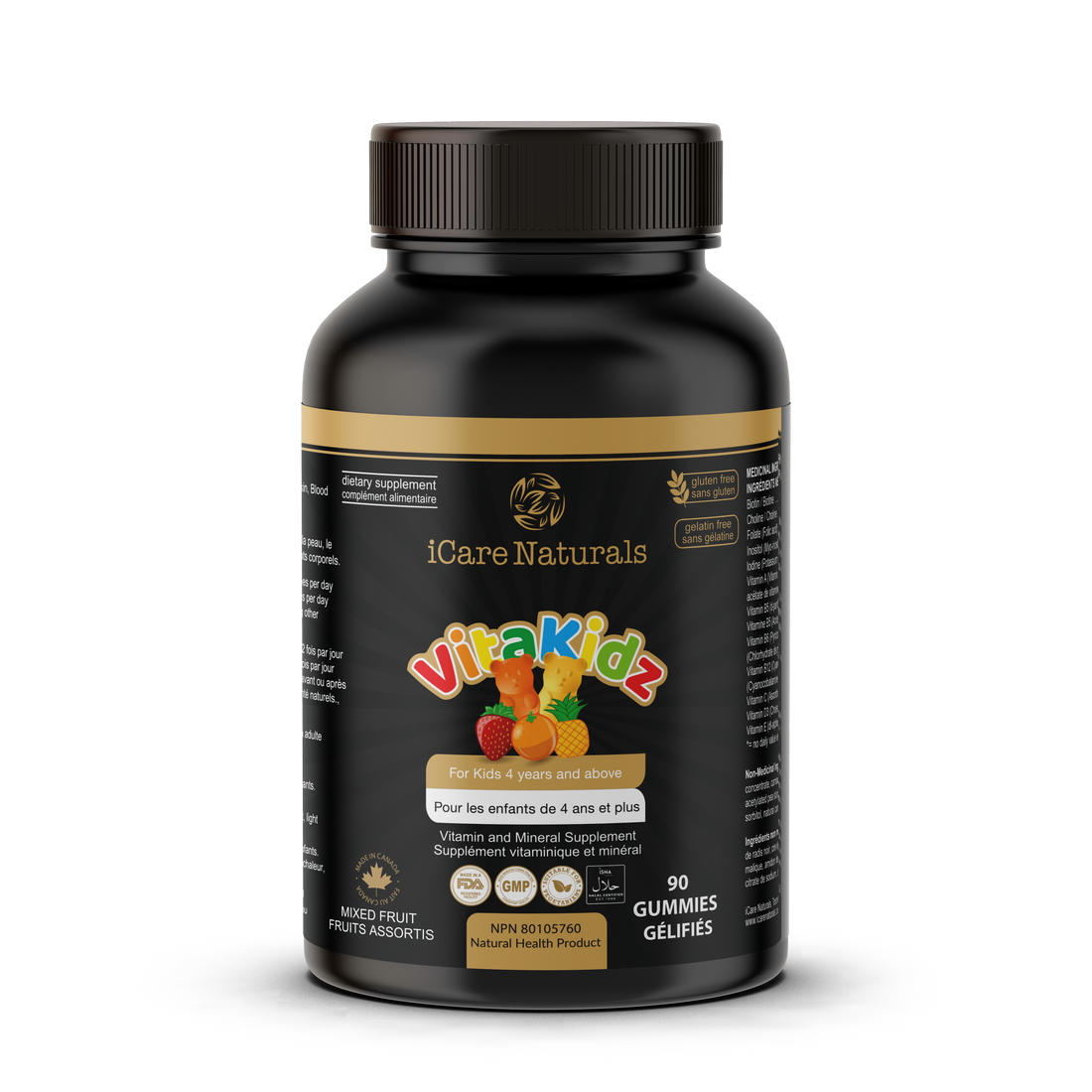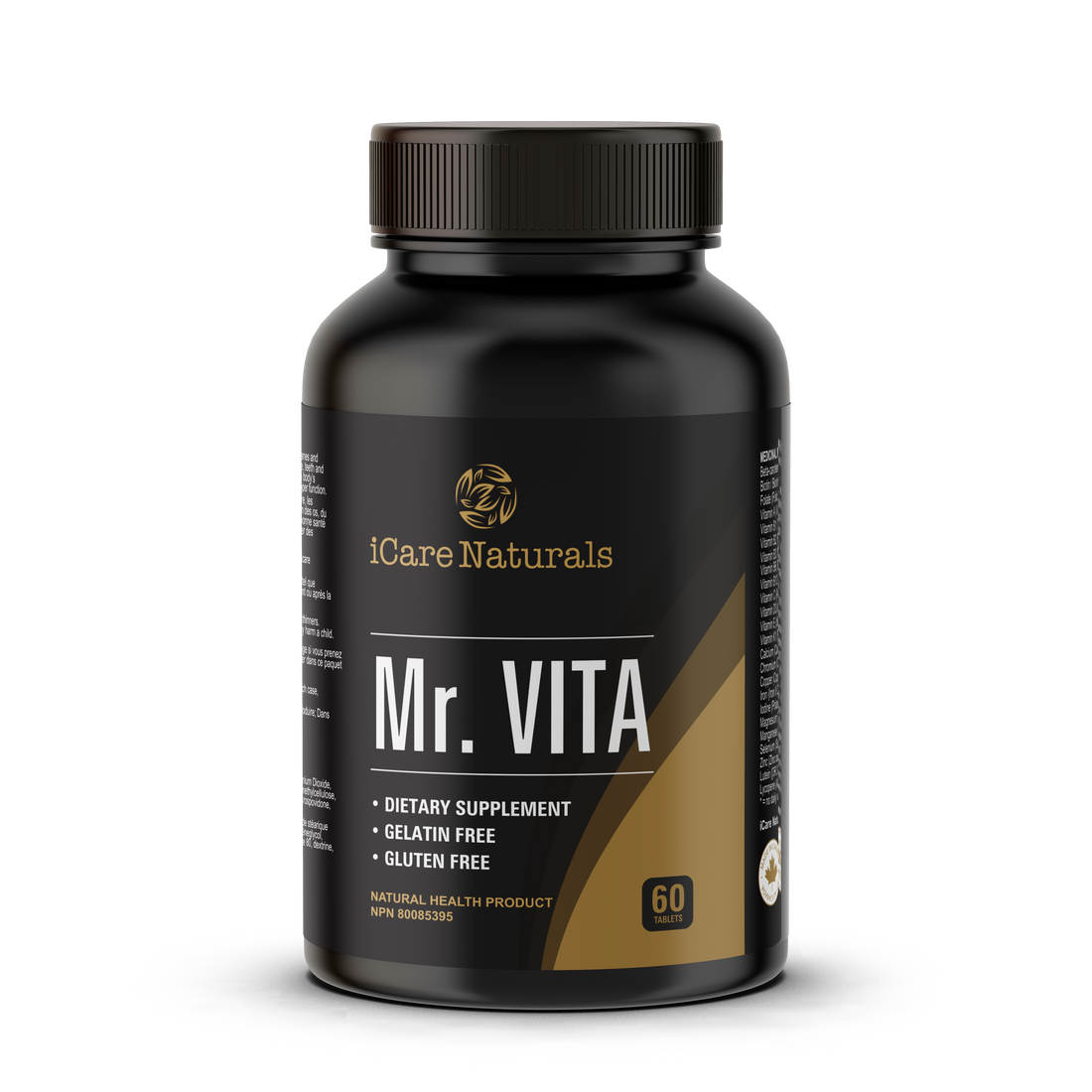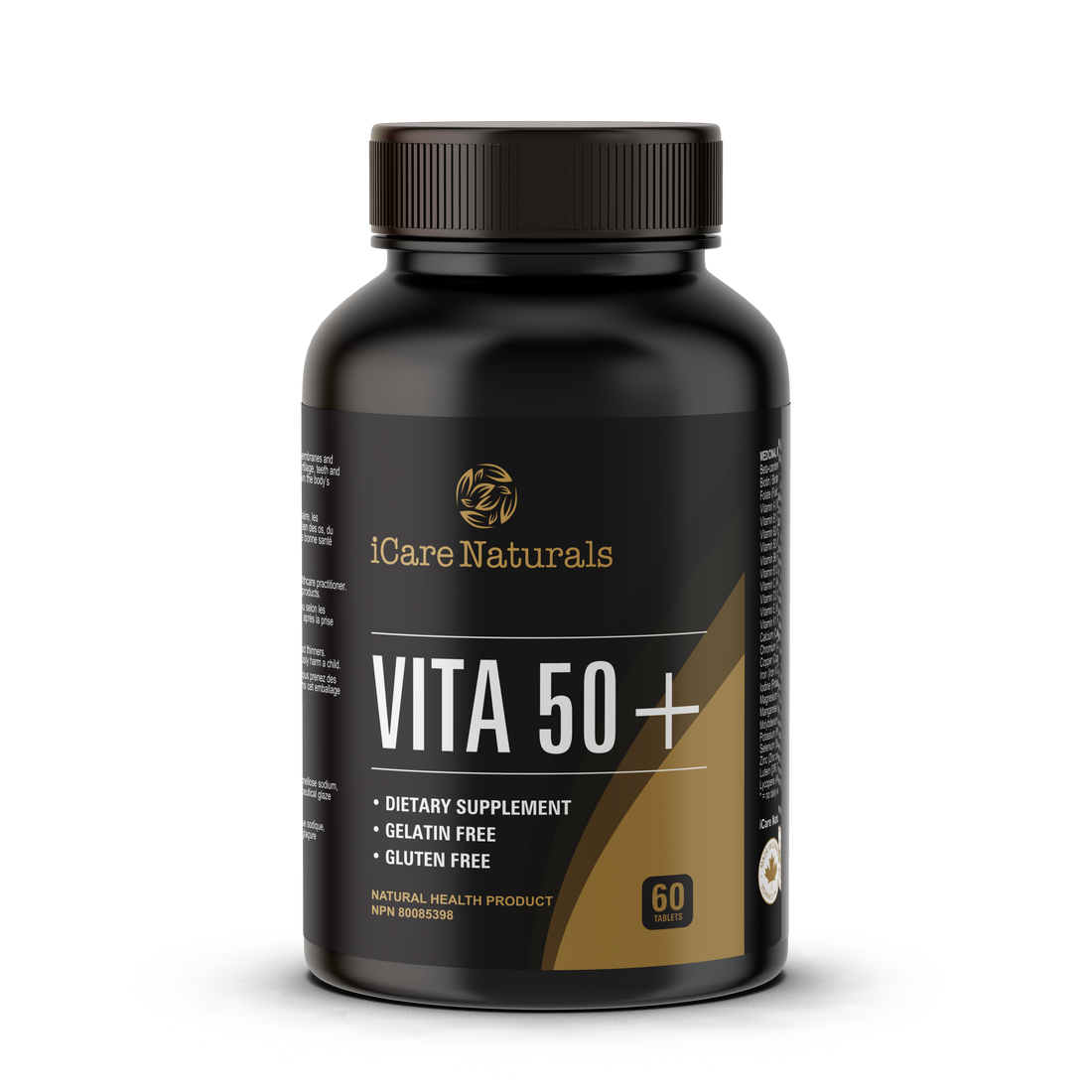Parents always seek ways to support their children's growth and ensure they achieve academic success. From selecting nutritious snacks to establishing their bedtime routines, every decision feels important when raising healthy and happy kids. Among the numerous nutritional choices available, omega-3 fatty acids stand out as a particularly powerful source for the development of minds and bodies.
Children face unprecedented academic pressures and environmental challenges that demand optimal brain function. Unlike adults, kids experience rapid neural development that requires specific nutrients to reach full potential.
Omega-3 fatty acids from iCare Naturals serve as building blocks for cognitive development, emotional stability, and physical health; yet, many families remain uncertain about incorporating these essential nutrients into their daily routines.
Why Does Your Child's Growing Brain Need Omega-3?
Understanding the role of omega-3s in brain development helps parents appreciate why these nutrients should be prioritised in their child's diet. Research indicates that children with adequate omega-3 levels exhibit enhanced cognitive abilities, improved focus, and better emotional regulation compared to those with insufficient intake.
Critical Periods for Brain Growth
During childhood, the brain undergoes a remarkable transformation, with the formation of neural pathways occurring at an extraordinary rate. DHA, which is known as a primary omega-3 fatty acid, comprises up to 40% of the brain's total fatty acid content, making adequate intake essential for optimal development.
Memory and Learning Enhancement
Numerous studies have shown that children receiving adequate omega-3 supplementation demonstrate improved memory retention, faster information processing, and enhanced verbal skills. These cognitive improvements often translate directly into better academic performance.
Attention and Focus Improvements
Many parents report noticeable improvements in their child's ability to concentrate on tasks, complete homework assignments, and engage in classroom activities following consistent omega-3 supplementation.
Emotional Balance and Mood Stability
Omega-3s play a crucial role in neurotransmitter production, helping children maintain emotional equilibrium and develop resilience against daily stress.
What are the Signs that Show Your Child May Need Omega-3 Supplements?
Recognising potential omega-3 deficiency signs empowers parents to take proactive steps toward improving their child's nutritional status. A vast number of children are deficient in omega-3 fatty acids, making deficiency surprisingly common. Some of these signs are:
Behavioural and cognitive issues
Physical signs can be an indication
Poor sleep pattern
Lower academic performance
Behavioural and Cognitive Indicators
Children with inadequate omega-3 intake often display increased hyperactivity, difficulty maintaining attention, impulsive behaviours, and challenges with reading comprehension. These symptoms frequently overlap with ADHD characteristics, leading researchers to investigate omega-3 supplementation as supportive therapy.
Physical Signs to Monitor
Dry skin, frequent infections, slow wound healing, and brittle hair or nails may indicate an insufficient intake of essential fatty acids. While these symptoms have multiple potential causes, addressing omega-3 deficiency often produces noticeable improvements.

Sleep and Academic Performance Issues
Poor sleep quality affects most school-age children. You may notice that your child is struggling with concentration or memory tasks, which may indicate inadequate brain nutrition. Research suggests that omega-3 supplementation significantly improves both sleep duration and academic focus.
What are the Best Omega-3 Sources for Children?
Not all omega-3 sources offer equal advantages for growing children. Understanding different options helps parents make informed decisions about their child's supplementation strategy.
Marine and Plant-Based Sources
Fish oil supplements from cold-water fish provide highly bioavailable EPA and DHA, while algae oil offers vegetarian alternatives with equal effectiveness. Both options support brain development.
Whole Foods and Fortified Products
Fatty fish, walnuts, and flaxseeds provide natural omega-3s alongside other nutrients. Moreover, fortified eggs, milk, and cereals can also supplement your child's nutritional needs. However, some children are unable to fulfil these deficiencies when taking them due to a variety of reasons. And this is precisely when you need to invest in a premium brand for minerals and supplements.
Getting the Right Dosage for Your Child
Determining appropriate omega-3 dosages requires consideration of age, weight, health status, and individual needs. Most research supports doses between 250 and 2,000 mg daily for children, depending on specific circumstances. These circumstances can be widely dependent on your child's age, the quality of the supplements you're getting, and most importantly, the right time when your child consumes them.
Age-Based Recommendations
Preschoolers (ages 2-5) typically benefit from 250-500 mg daily, elementary school children (ages 6-12) may require 500-1,000 mg, while teenagers often need 1,000-2,000 mg for optimal results.
Quality and Timing Considerations
Choosing high-quality supplements with third-party testing ensures purity and potency. Taking omega-3 supplements with meals can improve absorption while reducing potential digestive discomfort.
What Should You Know About Omega-3 as a Parent?
While omega-3 supplements demonstrate excellent safety profiles, understanding potential risks and precautions ensures responsible supplementation.
Side Effects and Allergy Considerations
Most children tolerate omega-3 supplements well, although some may experience mild stomach upset or a fishy aftertaste initially. Children with fish allergies should choose algae-derived alternatives. The best approach is to always be aware of your child's health history before investing in fish-based omega-3 supplements.
Quality Matter
Always remember that choosing high-quality supplements for your child's health is extremely vital. You can not invest your hard-earned money in any unrecognised brand with bad reviews. Always search for the brand you're choosing, check the reviews, and once you find them satisfactory, finally invest in the brand.
Professional Guidance
Choose supplements that have been tested for contaminants and consult with healthcare providers before starting, especially if you are a child taking medications or have an existing health condition.
Making Omega-3 Part of Your Family Routine
Creating positive experiences around omega-3 supplementation encourages long-term compliance and maximises benefits for your child's development.
Implementation Strategies
Begin with liquid formulations mixed into smoothies or yoghurt for younger children, starting with half the target dose. Many manufacturers offer naturally flavoured options that effectively mask fishy tastes.
Building Consistent Routines
Incorporate supplementation into established routines, such as your morning breakfast ritual. When entire families participate, children view the practice as usual and beneficial rather than medicinal.
Conclusion
Providing your child with sufficient omega-3 nutrition improves their cognitive development and overall well-being. There is extensive research on this topic that supports the use of omega-3 supplementation to enhance brain function, improve attention, and promote emotional balance during critical developmental years.
Success with omega-3 supplementation requires patience, consistency, and getting them from a renowned brand. While individual responses to children may vary, most parents observe meaningful improvements within 8 to 12 weeks of consistent use. The vital thing to consider is that omega-3s work best as part of a comprehensive approach to child health, including balanced nutrition, adequate sleep, and regular physical activity, for optimal developmental outcomes.










